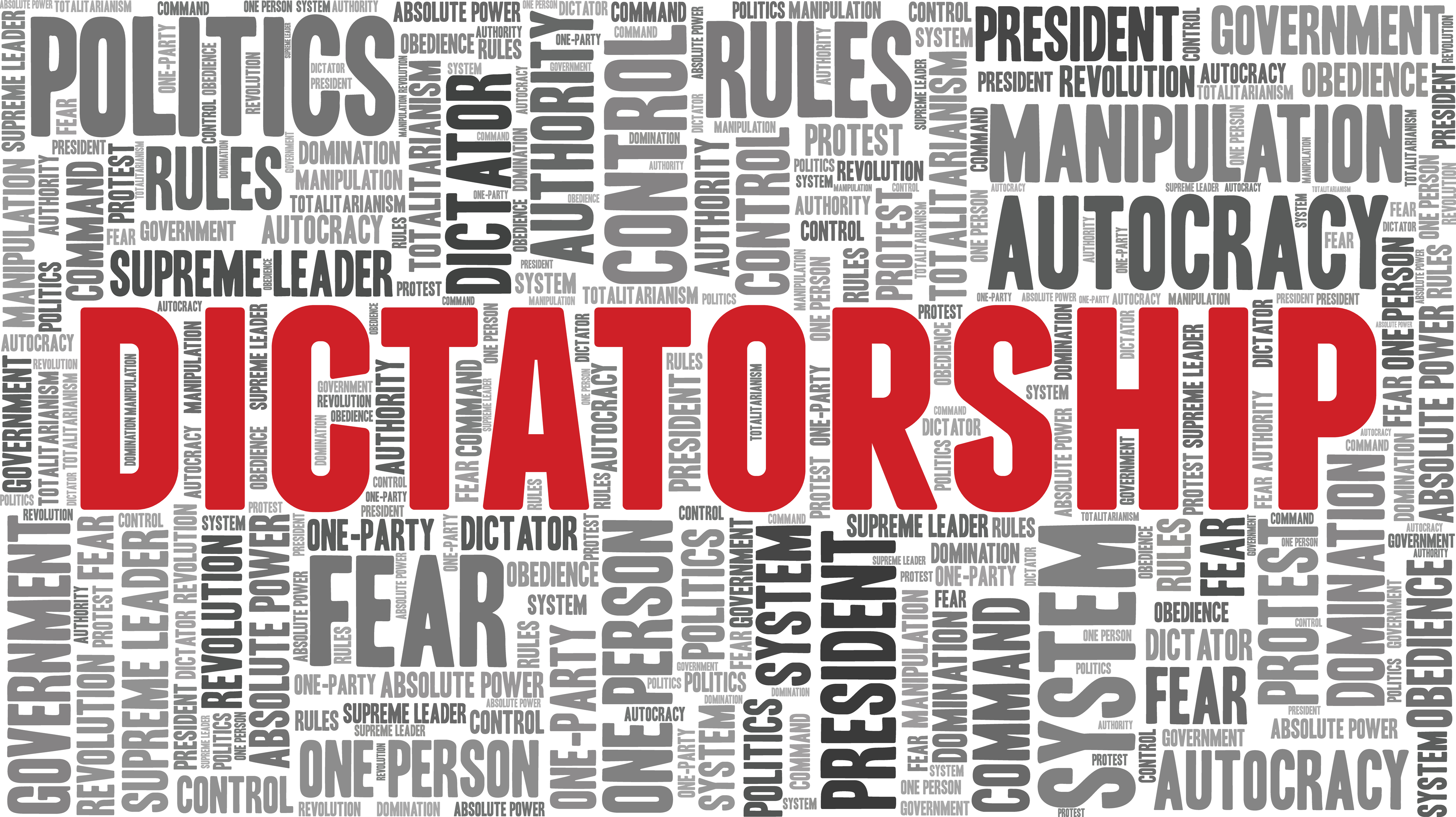DRC: A Dangerous Escalation – CSAC Erases Kabila and the PPRD from the Airwaves
Siméon Ndaye K. | June 2025

The Democratic Republic of Congo has taken a troubling leap toward authoritarian rule. The country’s media regulator, the CSAC, has issued a sweeping ban on any broadcast involving former President Joseph Kabila or members of his party, the PPRD. This brazen act of censorship reflects a broader strategy: to erase opposition voices from the public space and tighten the regime’s grip on power.
Censorship Becomes Policy
Silencing a key figure in Congo’s recent political history is more than a media restriction—it’s a calculated move to control the national narrative. The CSAC, rather than protecting press freedom and media plurality, has aligned itself with an agenda of suppression. The decision lacks legal grounding and sends a clear signal: dissent will no longer be tolerated.
Global Silence, Growing Alarm
As the Congolese government openly violates civil liberties, the international community remains silent. No statements, no condemnation, no consequences. This indifference is dangerous. It signals to the regime that it can act with impunity, further emboldening its repressive tactics. How much longer will the world look away?
UN Role Sparks Outrage
In a striking contradiction, the DRC is set to assume the vice-presidency of the United Nations General Assembly. How can a country that muzzles its own media claim to uphold UN values of freedom and human rights? This nomination is not only questionable—it undermines the credibility of the institution itself.
The People Are Watching
Despite the blackout, the Congolese people are not blind. They recognize the attempt to suffocate public debate and manipulate information. But history teaches us that truth cannot be permanently silenced. Repression may delay it, but it cannot defeat it.
The ban on Kabila and the PPRD is a stark warning of the regime’s trajectory. It cannot go unchallenged. Inside and outside Congo, voices must rise. Because silence, in the face of censorship, is not neutrality—it is surrender.
